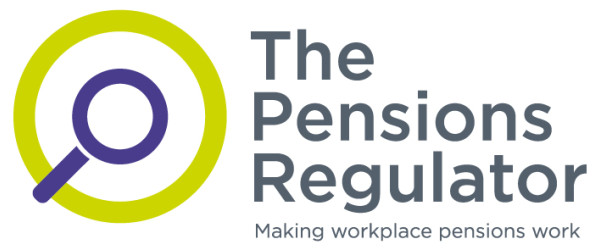Groups dealing with pension schemes will need to be conscious of a new disclosure obligation. A “declaration of intent” will need to be made to TPR and pension trustees at an early stage setting out how a pension scheme may be affected by a deal. The declaration of intent will not be publicly available, but the new duty overrides any confidentiality agreements.
There is scant detail in the Act. Practitioners will be watching for regulations and guidance to set out when exactly the declaration of intent is needed and what the disclosure needs to contain. Firms should expect to need to do this in situations such as selling a controlling interest in scheme employers, and employers selling or granting security over a material (so far undefined) portion of their assets ahead of the pension scheme.
Firms should also expect a continuing obligation to update TPR of material changes, or if a deal is abandoned.
Once again, the new duties will be backed by criminal sanctions and a potential £1m penalty.
Pensions should be an agenda item to check and consider at an early stage of new transactions. The declaration of intent is also part of a wider policy to get companies to engage with their pension scheme trustees so that these activities do not come as a surprise.
Criminalising putting defined benefit pensions at risk
One of the most high-profile aspects of the Act is the introduction of new criminal offences where pensions are put at risk.
Originating in the 2017 Conservative Party manifesto as a promise to criminalise “deliberate or reckless” behaviour for directors, the Act goes a lot further in its potential scope.
For example, conduct which has a material detriment on the security of pensions may now be criminal when the person did not have a “reasonable excuse”. Those convicted are faced with the prospect of an unlimited fine or seven years in jail.
TPR will also be able to impose civil penalties of up to £1m with a lower burden of proof than applies in criminal cases.
The concern across the industry is that these criminal offences will apply to anyone who has dealings with entities that have a pension scheme - not just sponsoring companies and their management. This will see lenders, professional advisers, and pension trustees (among others) reviewing their actions in the light of the new offences. The government consistently rejected heavy lobbying about these concerns.
Concern is also focused on how businesses and their advisers can engage in activities affecting pension schemes when they do not know if they will be able to show a “reasonable excuse”. Actions which could fall within the purview of the new offences include:











